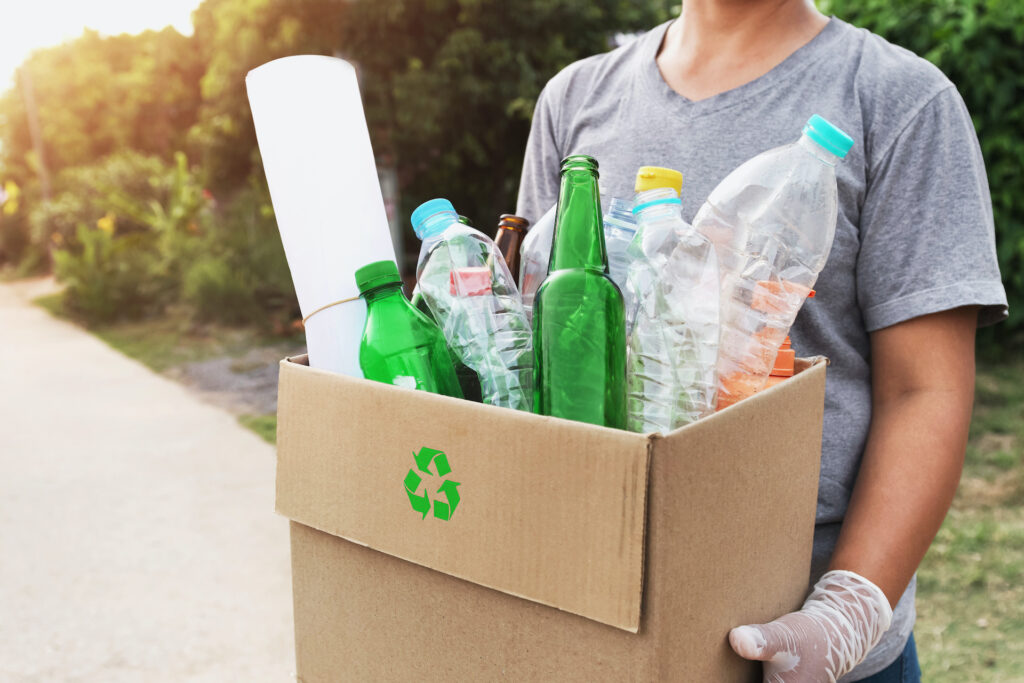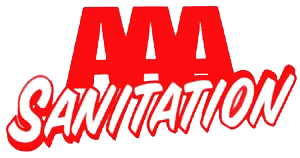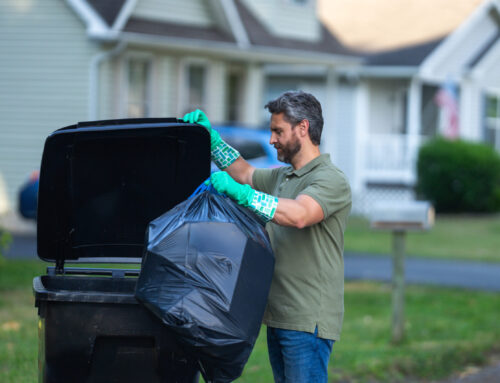
Effective waste management is crucial for maintaining public health, preserving natural resources, and promoting environmental sustainability. As the world grapples with increasing waste generation and environmental challenges, integrating sanitation systems with recycling processes has become a critical strategy for effective waste management. This article explores the intersection of sanitation systems and recycling, highlighting strategies for integrated waste management that can enhance efficiency, reduce waste, and support a cleaner, greener future.
Understanding Sanitation Systems and Recycling
Sanitation Systems
Sanitation systems encompass a broad range of services and infrastructure designed to manage waste and maintain public health.
This includes:
- The systematic collection of household, commercial, and industrial waste.
- Processes such as composting, incineration, and waste-to-energy conversion that treat waste materials.
- Safe disposal methods for residual waste that cannot be recycled or treated, often involving landfills.
Recycling
Recycling involves the collection, sorting, processing, and repurposing of recyclable materials to reduce the need for raw materials and minimize waste. Key aspects include:
- Extracting recyclable materials from waste streams, such as paper, plastics, metals, and glass.
- Converting recyclable materials into new products or raw materials.
- Creating demand for recycled materials and products to support a circular economy.
Strategies for Integrated Waste Management
Optimizing Waste Sorting and Collection
Effective sorting of waste at the source is crucial for efficient recycling and waste management.
Strategies:
- Implement dual-stream or multi-stream collection systems that separate recyclables from non-recyclable waste at the curbside. This reduces contamination and improves recycling efficiency.
- Use clear, easy-to-understand labels on bins and containers to guide residents and businesses in proper waste sorting. Provide education on what can and cannot be recycled.
- Ensure that waste collection vehicles and bins are regularly maintained and serviced to prevent contamination and improve overall efficiency.
Enhancing Recycling Infrastructure
Strong recycling infrastructure supports the effective processing of recyclable materials and reduces the volume of waste sent to landfills.
Strategies:
- Develop and maintain advanced recycling facilities equipped with technology for sorting, processing, and converting recyclable materials into new products.
- Include a wide range of materials in recycling programs, such as electronic waste, textiles, and hazardous materials. Create specialized programs for items that require unique handling.
- Encourage the development of local markets for recycled materials to reduce transportation costs and create economic opportunities.
Promoting Waste Reduction
Reducing waste generation is a fundamental strategy for integrated waste management.
Strategies:
- Promote practices that reduce waste generation, such as reducing packaging, using reusable products, and adopting efficient manufacturing processes.
- Establish composting programs for organic waste, such as food scraps and yard waste. Composting reduces the amount of waste sent to landfills and produces valuable compost for gardening.
- Educate residents and businesses about waste reduction techniques and the environmental benefits of reducing waste.
Leveraging Technology and Innovation
Technology and innovation can enhance waste management and recycling processes, making them more efficient and effective.
Strategies:
- Utilize smart technologies, such as sensors and data analytics, to optimize waste collection schedules, track waste generation, and identify trends. This can improve collection efficiency and reduce costs.
- Invest in advanced sorting technologies, such as robotic systems and optical scanners, to improve the accuracy and efficiency of material separation in recycling facilities.
- Explore waste-to-energy technologies that convert non-recyclable waste into renewable energy, reducing landfill use and providing a sustainable energy source.
Fostering Collaboration and Partnerships
Collaboration between stakeholders is essential for effective waste management and recycling.
Strategies:
- Partner with businesses to implement waste reduction and recycling programs. Encourage companies to adopt sustainable practices and support initiatives like extended producer responsibility.
- Collaborate with community organizations to promote recycling and waste reduction efforts. Leverage their networks and expertise to reach a broader audience.
- Coordinate with local, regional, and national government agencies to align waste management and recycling policies. Advocate for supportive legislation and funding for waste management initiatives.
Monitoring and Evaluating Performance
Regular monitoring and evaluation help assess the effectiveness of waste management and recycling programs and identify areas for improvement.
Strategies:
- Monitor key performance indicators (KPIs) such as recycling rates, waste diversion rates, and contamination levels. Use this data to assess program success and make informed decisions.
- Perform regular waste audits to evaluate waste streams, identify inefficiencies, and develop targeted strategies for improvement.
- Gather feedback from residents, businesses, and stakeholders to understand their experiences with waste management and recycling programs. Use this input to enhance services and address concerns.
Encouraging Community Engagement
Engaging the community is crucial for the success of waste management and recycling programs.
Strategies:
- Launch public awareness campaigns to educate residents and businesses about the importance of recycling, proper waste sorting, and waste reduction.
- Provide incentives, such as rewards or recognition programs, to encourage participation in recycling and waste reduction efforts.
- Host community events, such as recycling drives or clean-up days, to promote environmental stewardship and foster a culture of sustainability.
Let us Help You with Your Sanitation and Recycling Needs
Integrating sanitation systems with recycling processes is essential for effective waste management and environmental sustainability. By optimizing waste sorting and collection, enhancing recycling infrastructure, promoting waste reduction, leveraging technology, fostering collaboration, monitoring performance, and encouraging community engagement, we can create a more efficient and sustainable waste management system. AAA Sanitation offers an integrated approach to waste management and recycling to ensure that we make the most of our resources and build resilient communities.
If you live in or around the Athens area, contact us for the best trash pickup and recycling service.
AAA Sanitation & Garbage Removal
79 Business Dr Ste A
Hull, GA 30646
(706) 543-7788






Leave A Comment